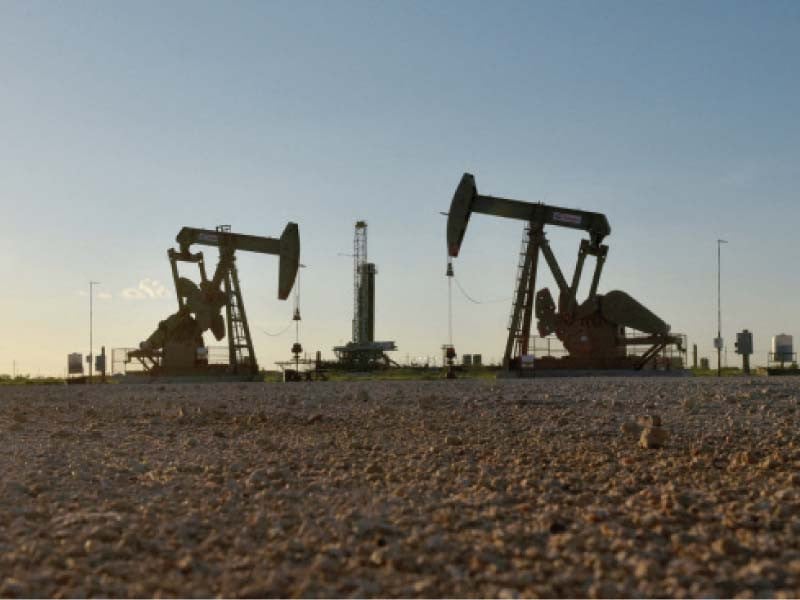Karachi: Black marketers of liquefied petroleum gas (LPG) have left Pakistani families vulnerable. They are extorting users, who depend on the fuel for their stoves, for far higher prices—between Rs. 300 and Rs. 400 per kilogramme.

Customers are being compelled to pay outrageous prices, which are far higher than the government-fixed retail price of Rs257 per kg, especially in Gilgit-Baltistan’s (G-B) hilly districts.
Different players, such as local producers, importers, dealers, and retailers, blame one another for charging higher costs to end customers while black marketers continue to reap large profits.
The state-controlled Sui Southern Gas Company (SSGC), through its wholly owned subsidiary SSGC LPG Limited (SLL), declared on Thursday that it has increased LPG imports in an effort to stabilise prices in the local markets and enhance supply.
The company emphasised that it would supply LPG at the government-determined price and had no involvement in LPG providing at inflated pricing, despite having a mere 8% market share in gas cylinder supplies.
Irfan Khokhar, the founder and chairman of the LPG Industries Association of Pakistan, accused importers and local businesses of imposing excessive pricing on petrol. He also said that dealers would sell petrol at the official government rate once they received the gasoline at that price.
He emphasised that boosting LPG production in Pakistan will help curb the fuel’s illicit sale. If the government guarantees supplies from LPG facilities at the official price, the association has responsibility for lowering the retail market price, he continued.
The largest LPG facility in Asia, Jamshoro Joint Venture Limited (JJVL), closed, leaving consumers at the mercy of LPG importers, he claimed.
Due to JJVL’s closure, which allowed for price manipulation when the daily demand for petrol cylinders surpassed 6,000 tonnes, the company was only supplying 525 tonnes of LPG.
LPG is marketed at between Rs300 and Rs320 per kg throughout the nation, but in isolated and hilly places, it costs Rs400 per kg.
In a thorough response, SSGC dismissed the suggestion that it would be involved in raising prices from end users, stating that SLL was a state-owned firm (SOE) that was governed by the Ministry of Energy (Petroleum Division).
In order to guarantee that there are no shortages during periods of high demand, such as Ramadan, SLL has boosted LPG imports in accordance with directions from the government. “At the same time, SLL is dedicated to making sure that no space is given to unscrupulous marketers who exploit these shortages to manipulate LPG prices and profit from customers in an unwarranted manner.”
In Pakistan, there are around 250 LPG marketing businesses. SLL is entirely dependent on imports and does not have any allocation of locally produced LPG.
Since SLL only has 8% of the market, it cannot be considered monopolistic in comparison to other businesses that operate with bigger market shares.
It is also important to remember that local LPG is always less expensive than imported LPG. Importers are required to maintain their selling prices within the price range set by Ogra, which applies to both importers and those who have quotas from local suppliers.
“Therefore, businesses that rely on imports, like SLL, cannot afford to take more profits.”
It stated that some entrenched interests are trying to discredit SSGC and SLL by falsely accusing their staff members of financial malfeasance related to LPG imports and by misquoting the Ministry of Energy, a few government investigative bodies, and other sources. This has been noticed with great worry.
“It is evident that these special interests are providing baseless information in order to create contradicting news headlines. Both organisations’ management has consistently refuted claims of “financial misconduct.” Any public sector SOE would typically get routine inquiries or clarifications from investigating agencies in response to specific concerns, according to SSGC.










































